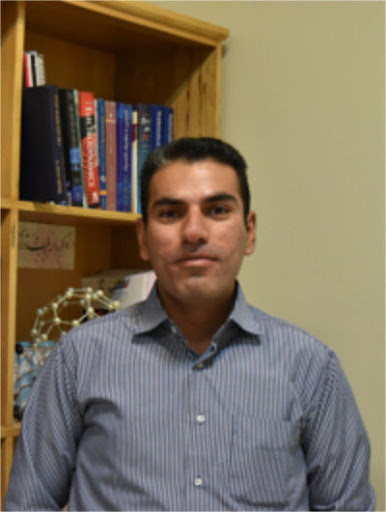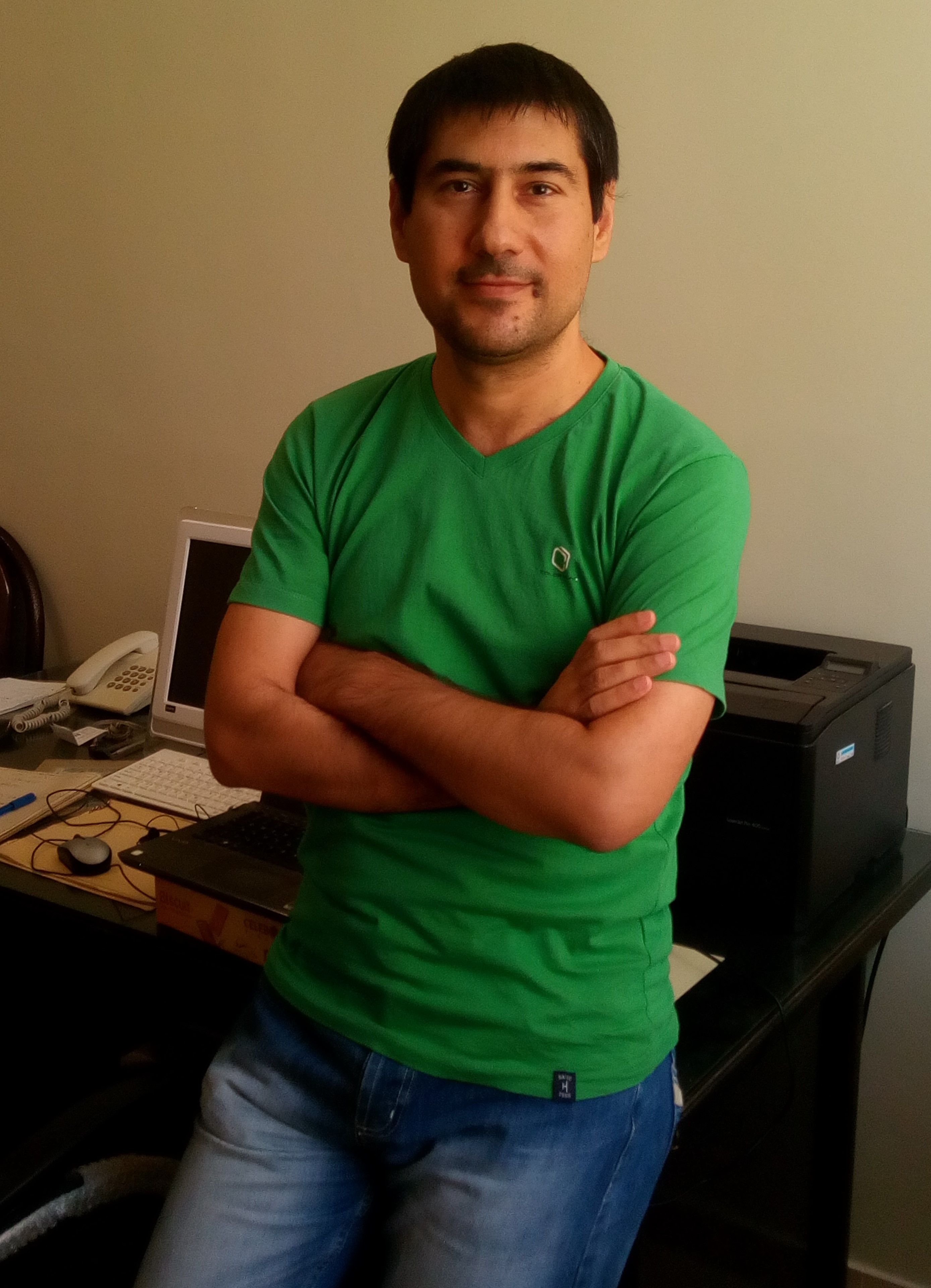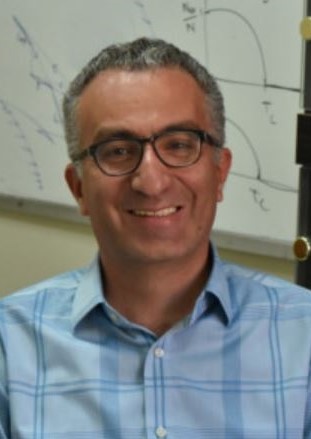Complex Systems
Complex Systems
Physics has traditionally focused on the very small, e.g. atoms, or the very large, e.g. galaxies. However, over the past few decades, physicist have increasingly been paying attention to systems which have traditionally been considered outside physics. The physics of biological, economical, sociological, or ecological systems is just a few examples. These fields, which are typically considered as multi-disciplinary, are often considered as complex systems. Physicist have been able to bring in and develop many innovative tools in the study of such complex systems. Tools such as complex networks, information theory, fluctuation theory, scaling theory, modeling and predictions. For example, enormous progress has been made in the understanding of human brain (neuroscience) using methods of statistical physics.
Shiraz University Physics Department has been active in research in complex systems for almost two decades. The first official course on Complex Systems was developed in 2007 and has been taught on yearly basis since then. Currently, there are many other graduate level courses such as: Optimization, Quantum Information, and Stochastic Processes being taught by various faculty members.
The Statistical Physics and Complex Systems group at Shiraz University currently has four active faculty members. They are all active in recruiting graduate students and doing research in the forefront of their respective fields.

Mohamad Hossein Zarei is interested in quantum information and computation and its connection to statistical physics. He is currently working on topological quantum correcting codes which are cornerstones of large scale quantum computing.

Mohsen Ghaseminejad is interested in long-range interacting systems, and more generally in the equilibrium and non-equilibrium statistical Physics.

Abolfazl Ramezanpour is interested in Statistical Physics and Complex Systems, Disordered Systems and Optimization Problems. He is currently working on Statistical Physics of Classical and Quantum Optimization Algorithms, Medical Diagnostics, and Cities.
Afshin Montakhab is interested in various fields of complex and adaptive systems for almost three decades. He has worked on self-organized criticality and phase transition in many different systems. His current interest is the applications of statistical physics in neuroscience, where the brain is considered as a neural network operating near a critical point.

